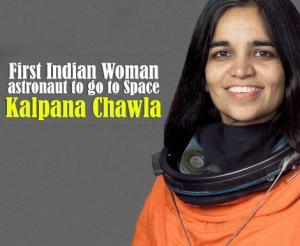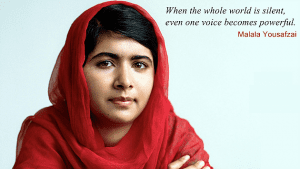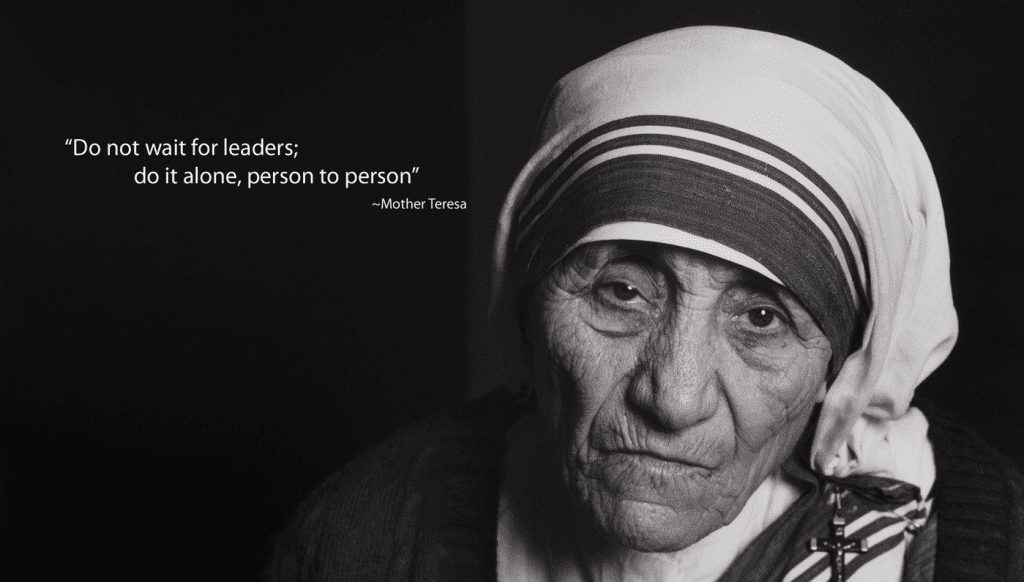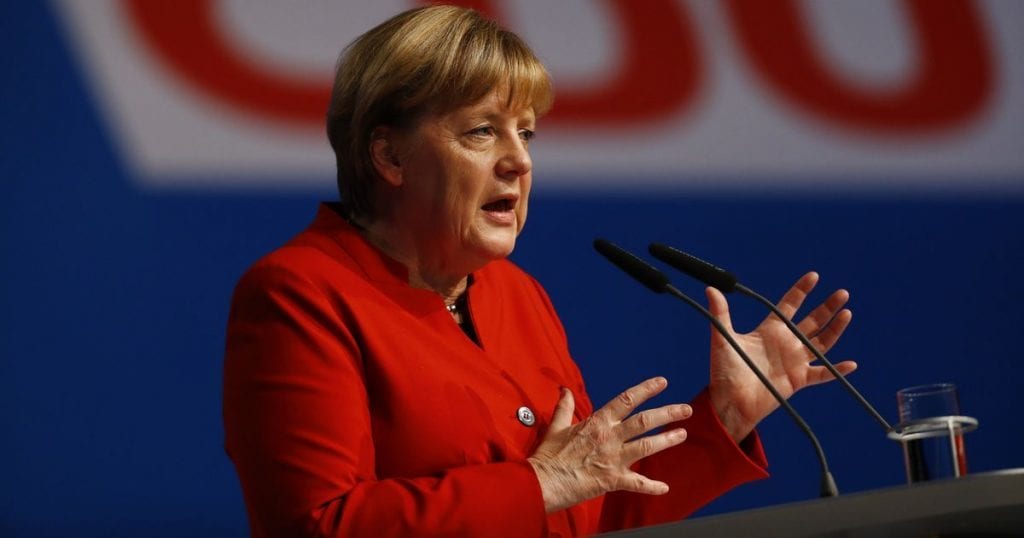Article Contents
Introduction
International Women’s Day (March 8) is a global day celebrating the social, economic, cultural and political achievements of women. The day also marks a call to action for accelerating gender parity.
International Women’s Day (IWD) has been observed since the early 1900’s – a time of great expansion and turbulence in the industrialized world that saw booming population growth and the rise of radical ideologies. International Women’s Day is a collective day of global celebration and a call for gender parity. No one government, NGO, charity, corporation, academic institution, women’s network or media hub is solely responsible for International Women’s Day. Many organizations declare an annual IWD theme that supports their specific agenda or cause, and some of these are adopted more widely with relevance than others.
“The story of women’s struggle for equality belongs to no single feminist nor to any one organization but to the collective efforts of all who care about human rights,” says world-renowned feminist, journalist and social and political activist Gloria Steinem. Thus International Women’s Day is all about unity, celebration, reflection, advocacy and action – whatever that looks like globally at a local level. But one thing is for sure, International Women’s Day has been occurring for well over a century – and continue’s to grow from strength to strength.
Five Women to Look Forward
Kalpana Chawla
Kalpana Chawla (March 17, 1962 – February 1, 2003) was an American astronaut and the first woman of Indian origin in space. She first flew on Space Shuttle Columbia in 1997 as a mission specialist and primary robotic arm operator. In 2003,Chawla was one of the seven crew members who died in the Space Shuttle Columbia disaster when the craft disintegrated during its re-entry into the Earth’s atmosphere. Chawla was posthumously awarded the Congressional Space Medal of Honor, and several streets, universities, and institutions have been named in her honor.

Chawla was born on 17 March 1962, but her official date of birth was altered to 1 July 1961 to allow her to become eligible for the matriculation exam. As a child, Kalpana liked to draw pictures of airplanes. After getting a Bachelor of Engineering degree in Aeronautical Engineering from Punjab Engineering College, Chandigarh, she moved to the United States in 1982 where she obtained a Master of Science degree in Aerospace Engineering from the University of Texas at Arlington in 1984. Chawla went on to earn a second Masters in 1986 and a PhD in aerospace engineering in 1988 from the University of Colorado Boulder.
Her first space mission began on November 19, 1997, as part of the six-astronaut crew that flew the Space Shuttle Columbia flight STS-87. Chawla was the first Indian-born woman and the second Indian person to fly in space, following astronaut Rakesh Sharma who flew in 1984 on the Soyuz T-11. She spoke the following words while traveling in the weightlessness of space, “You are just your intelligence”. On her first mission, Chawla traveled over 10.4 million miles (16737177.6 K M) in 252 orbits of the earth, logging more than 372 hours (15 Days and 12 Hours) in space. During STS-87, she was responsible for deploying the Spartan satellite which malfunctioned, necessitating a spacewalk by Winston Scott and Takao Doi to capture the satellite. A five-month NASA investigation fully exonerated Chawla by identifying errors in software interfaces and the defined procedures of flight crew and ground control. After the completion of STS-87 post-flight activities, Chawla was assigned to technical positions in the astronaut office to work on the space station.
Malala Yousafzai
Malala Yousafzai (Malālah Yūsafzay born 12 July 1997) is a Pakistani activist for female education and the youngest Nobel Prize laureate. She is known for human rights advocacy, especially the education of women and children in her native Swat Valley in Khyber Pakhtunkhwa, northwest Pakistan, where the local Taliban had at times banned girls from attending school. Her advocacy has grown into an international movement.
On 9 October 2012, while on a bus in Swat District after taking an exam, Yousafzai and two other women were shot by a Talibangunman in an assassination attempt in retaliation for her activism; the gunman fled. Having been hit with a bullet, she remained unconscious and in critical condition at the Rawalpindi Institute of Cardiology, but later her condition improved enough for her to be sent to the Queen Elizabeth Hospital in Birmingham, UK. The murder attempt sparked a national and international outpouring of support for Yousafzai. Deutsche Welle wrote in January 2013 that she may have become “the most famous teenager in the world”. Weeks after her murder attempt, a group of fifty leading Muslim clerics in Pakistan issued a fatwā against those who tried to kill her. Taliban officials responded to condemnation by further denouncing Yousafzai, indicating plans for a possible second assassination attempt, and attempting to justify the shooting as religiously obligated. Their statements resulted in further international denunciation.
Since recovering, Yousafzai became a prominent education activist. Based out of Birmingham, she founded the Malala Fund, a non-profit organisation, and in 2013 co-authored I am Malala, an international bestseller. In 2012, she was the recipient of Pakistan’s first National Youth Peace Prize and the 2013 Sakharov Prize. In 2014, she was announced as the co-recipient of the 2014 Nobel Peace Prize, along with Kailash Satyarthi, for her struggle against the suppression of children and young people and for the right of all children to education. Aged 17 at the time, she became the youngest-ever Nobel Prize laureate. In 2015, Yousafzai was a subject of the Oscar-shortlisted documentary He Named Me Malala. The 2013, 2014 and 2015 issues of Time magazine featured her as one of the most influential people globally. In 2017, Yousafzai’s children’s picture book Malala’s Magic Pencil was published. From 2013 to 2017, she was a pupil at the all-girls Edgbaston High School in Birmingham. In 2017, she was awarded honorary Canadian citizenship and became the youngest person to address the House of Commons of Canada. In August 2017, she gained admission to Lady Margaret Hall, Oxford to study for a bachelor’s degree in Philosophy, Politics and Economics (PPE).
Mother Teresa
Mother Teresa, known in the Catholic Church as Saint Teresa of Calcutta (born Anjezë Gonxhe Bojaxhiu, 26 August 1910 – 5 September 1997), was an Albanian-Indian[4] Roman Catholic nun and missionary. She was born in Skopje (now the capital of the Republic of Macedonia), then part of the Kosovo Vilayet of the Ottoman Empire. After living in Macedonia for eighteen years she moved to Ireland and then to India, where she lived for most of her life.
In 1950 Teresa founded the Missionaries of Charity, a Roman Catholic religious congregation which had over 4,500 sisters and was active in 133 countries in 2012. The congregation manages homes for people dying of HIV/AIDS, leprosy and tuberculosis; soup kitchens; dispensaries and mobile clinics; children’s- and family-counseling programmes; orphanages, and schools. Members, who take vows of chastity, poverty, and obedience, also profess a fourth vow: to give “wholehearted free service to the poorest of the poor”.
Teresa received a number of honours, including the 1962 Ramon Magsaysay Peace Prize and 1979 Nobel Peace Prize. She was canonised (recognised by the church as a saint) on 4 September 2016, and the anniversary of her death (5 September) is her feast day.
A controversial figure during her life and after her death, Teresa was admired by many for her charitable work. She was praised and criticised for her opposition to abortion, and criticised for poor conditions in her houses for the dying. Her authorised biography was written by Navin Chawla and published in 1992, and she has been the subject of films and other books. On September 6, 2017, Teresa was named co-patron of the Roman Catholic Archdiocese of Calcutta, alongside St. Francis Xavier.
Indra Krishnamurthy Nooyi
Indra Krishnamurthy Nooyi (born 28 October 1955) is an Indian American business executive and the current Chairwoman and Chief Executive Officer of PepsiCo, the second largest food and beverage business in the world by net revenue.
She has consistently ranked among the World’s 100 Most Powerful Women. In 2014, she was ranked at #13 on the list of Forbes World’s 100 most powerful women, and was ranked the 2nd most powerful woman on the Fortune list in 2015.
In February 2018, the International Cricket Council announced that Nooyi would join the ICC Board as its first independent female director in June.
Nooyi was born to a Tamil-speaking Brahmin family in Madras (now known as Chennai), Tamil Nadu, India. She was educated at Holy Angels Anglo Indian Higher Secondary School. She received bachelor’s degrees in Physics, Chemistry and Mathematics from Madras Christian College of the University of Madras in 1974 and a Post Graduate Programme (MBA) from Indian Institute of Management Calcutta in 1976. Beginning her career in India, Nooyi held product manager positions at Johnson & Johnson and textile firm Mettur Beardsell. She was admitted to Yale School of Management in 1978 and earned a master’s degree in Public and Private Management. While at Yale, she completed her summer internship with Booz Allen Hamilton. Graduating in 1980, Nooyi joined the Boston Consulting Group (BCG), and then held strategy positions at Motorola and Asea Brown Boveri.
Angela Dorothea Merkel
Angela Dorothea Merkel born 17 July 1954) is a German politician serving as Chancellor of Germany since 2005 and leader of the centre-right Christian Democratic Union (CDU) since 2000; since 24 October 2017 she and her Cabinet continue as the acting government until a new government is formed. Merkel has been widely described as the de facto leader of the European Union, the most powerful woman in the world, and the leader of the Free World.

Merkel was born in Hamburg in then-West Germany and moved to East Germany as an infant when her father, a Lutheran clergyman, received a pastorate in Perleberg. She obtained a doctorate in quantum chemistry in 1986 and worked as a research scientist until 1989. Merkel entered politics in the wake of the Revolutions of 1989, and briefly served as a deputy spokesperson for the first democratically elected East German Government headed by Lothar de Maizière in 1990. Following German reunification in 1990, Merkel was elected to the Bundestag for the state of Mecklenburg-Vorpommern, and has been reelected ever since. As the protégée of Chancellor Helmut Kohl, Merkel was appointed as the Federal Minister for Women and Youth in Kohl’s government in 1991, and became the Federal Minister for the Environment, Nature Conservation and Nuclear Safety in 1994. After her party lost the federal election in 1998, Merkel was elected Secretary-General of the CDU before becoming the party’s first female leader two years later in the aftermath of a donations scandal that toppled Wolfgang Schäuble.
In 2007, Merkel was President of the European Council and played a central role in the negotiation of the Treaty of Lisbon and the Berlin Declaration. One of Merkel’s consistent priorities has been to strengthen transatlantic economic relations. Merkel played a crucial role in managing the financial crisis at the European and international level, and she has been referred to as “the decider.” In domestic policy, health care reform, problems concerning future energy development and more recently her government’s approach to the ongoing migrant crisis have been major issues during her Chancellorship. On 26 March 2014, Merkel became the longest-serving incumbent head of government in the European Union and she is currently the senior G7 leader.
